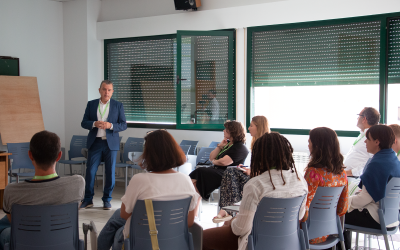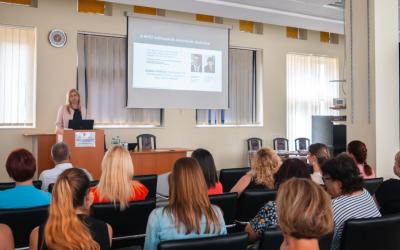
On 23 April 2018, Roda joined 1166 civil society organisations from 42 members states of the Council of Europe in co-signing a letter to Secretary General of the Council of Europe, Mr. Thorbjørn Jagland in response to a letter sent to Mr. Jagland by 333 NGOs from 9 Council of Europe countries. The letter signed by 333 NGOs focused specifically on recommending the initiation of the revision of the Convention in order to replace gender and related concepts with “equality between women and men”, as well as to enable States to provide reservations on the controversial and ideological parts of the Convention.
Women Against Violence Europe (WAVE) and its 1166 co-signers, including Roda, expressed shock and concern at the challenge made to the universal recognition of discrimination and inequality as the causes and consequences of violence against women and girls and its inclusion in the Council of Europe Convention on Preventing and Combating Violence against Women and Domestic Violence (also known as the Istanbul Convention).
The Istanbul Convention, which entered into force on 1 August 2014, is the first comprehensive legal instrument on violence against women. States that are party to the Convention must bring their national laws into conformity with its provisions, and make sure that it is applied in their countries to the benefit of all women in a non-discriminatory way. The Istanbul Convention contains enforceable standards on preventing violence against women, protecting survivors and punishing perpetrators. It requires states to guarantee the availability of services like emergency hotlines, shelters, medical assistance, counselling, and legal aid.
It is a milestone for undocumented women and for women with precarious residence status because it expressly forbids discrimination based on migration status and requires states to make it possible for women whose status is dependent on a violent partner or spouse to obtain an independent residence status. More information on the Convention can be found in the factsheet prepared by the Platform for International Cooperation on Undocumented Migrants (PICUM).

 757.68 kB 45
757.68 kB 45












